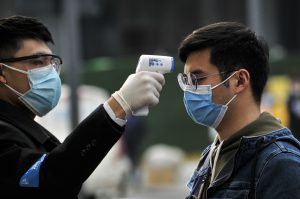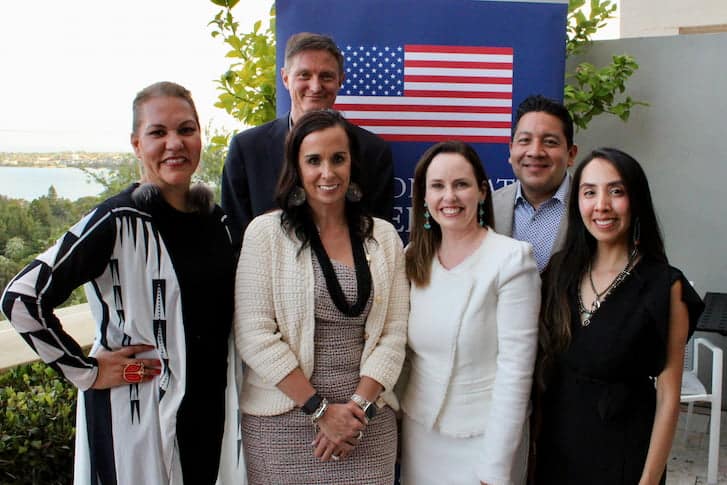
People line up for temperature checks in Chengdu, China.
Shares are suffering, Australia’s started an emergency response plan and a backlog of WA rock lobster wait in climate-controlled tanks. There are still no reported cases of community transmission of the new coronavirus (COVID-19) in WA, but the economic contagion is spreading.
Through the Premier’s round-table process and briefings by the Chinese Consulate, CCIWA are continuing to work with governments and industry to support a response that bolsters our hard-hit local operators – and a return to business-as-usual as soon as it is safe.
COVID-19 is currently having an impact on WA businesses in three key areas.
Tourism
Countries closed their borders to travellers from China, tourists and businesses avoided all but crucial travel and airlines cut flights. In Australia, restrictions on incoming travellers from China from 1 February 2020 are expected to run until at least 7 March 2020. The CCIWA currently estimates a $250 million to $300 million loss of visitor spending in WA for the first half of 2020. Travel agencies, accommodation, retail trade, education and cafes and dining are expected to feel the biggest impact. It’s estimated more than 2,000 jobs are at risk.
Chinese domestic consumer spending
In China, shops shuttered as consumers avoided crowded centres and restaurants. In Wuhan, the virus epicentre, China imposed domestic travel restrictions and quarantines. The consumer chill has been felt particularly hard by Australia’s seafood industry. The $500 million live rock lobster industry halted all exports in the aftermath of the outbreak. Shipments have started again, but it’s a fraction of what might have been sold to China during New Year celebrations – the boon time for seafood sales in the country.
Supply chain disruptions
In early February, Hyundai announced it would suspend production in South Korea because of difficulty getting hold of Chinese parts. The announcement was one of the first major indicators of the knock-on impact COVID-19 would have on the supply chain. Local businesses say they’re facing difficulty accessing Chinese parts and product. One hardware business says their “entire supply has come to a standstill”, because they aren’t able to access parts from their China-based partner. Major retailers have also warned they are facing potential delays to shipments. The first force majeure certificate for COVID-19 was issued by the Chinese Centre for the Promotion of International Trade on 2 February 2020, and there have been a flurry since. CCIWA Chief Executive Officer Chris Rodwell says China’s coal power plants and maritime shipping are both currently at about 30 per cent of normal levels.
Businesses have also faced disruptions to their workforce, with employees caught in travel restrictions.
If you are a CCIWA member with questions or concerns about managing employees as a result of COVID-19 we encourage you to contact our Employee Relations Advice Centre team on 9365 7660 or email [email protected].
CCIWA’s Business Continuity and Disaster Recovery Workbook can help with planning for disruptive events, such as human epidemics.












